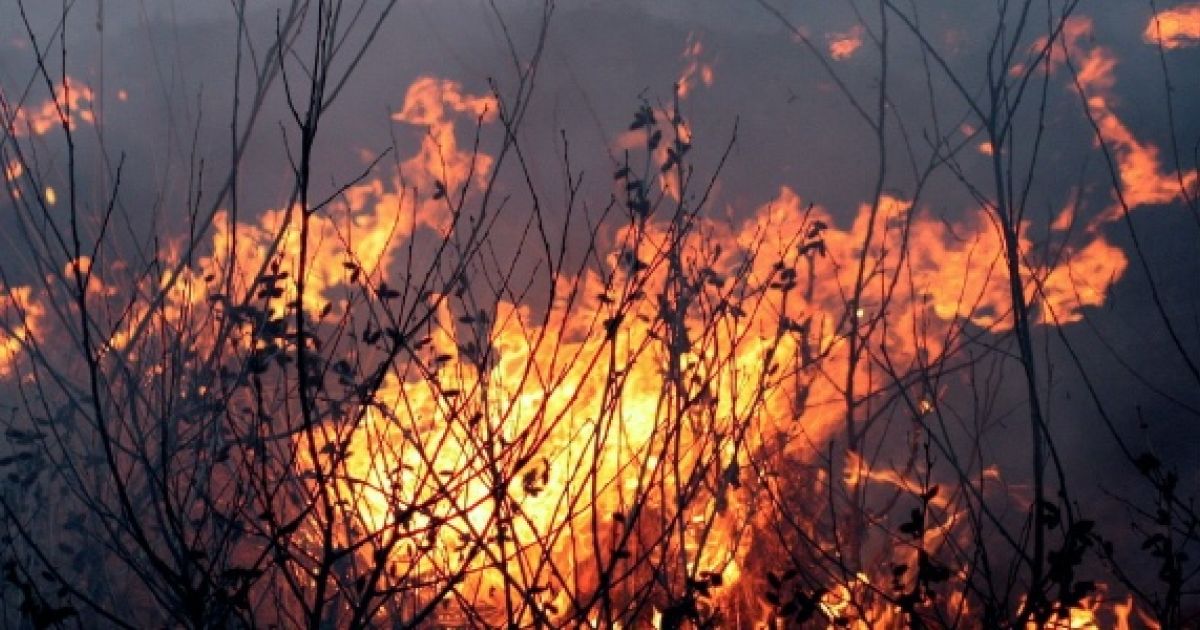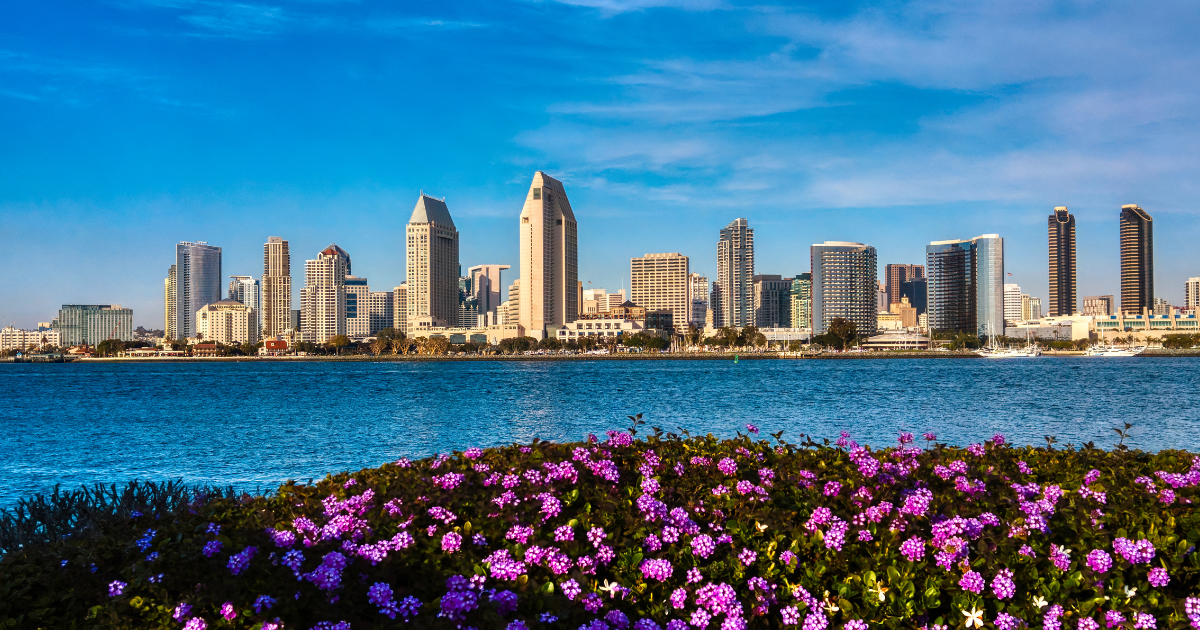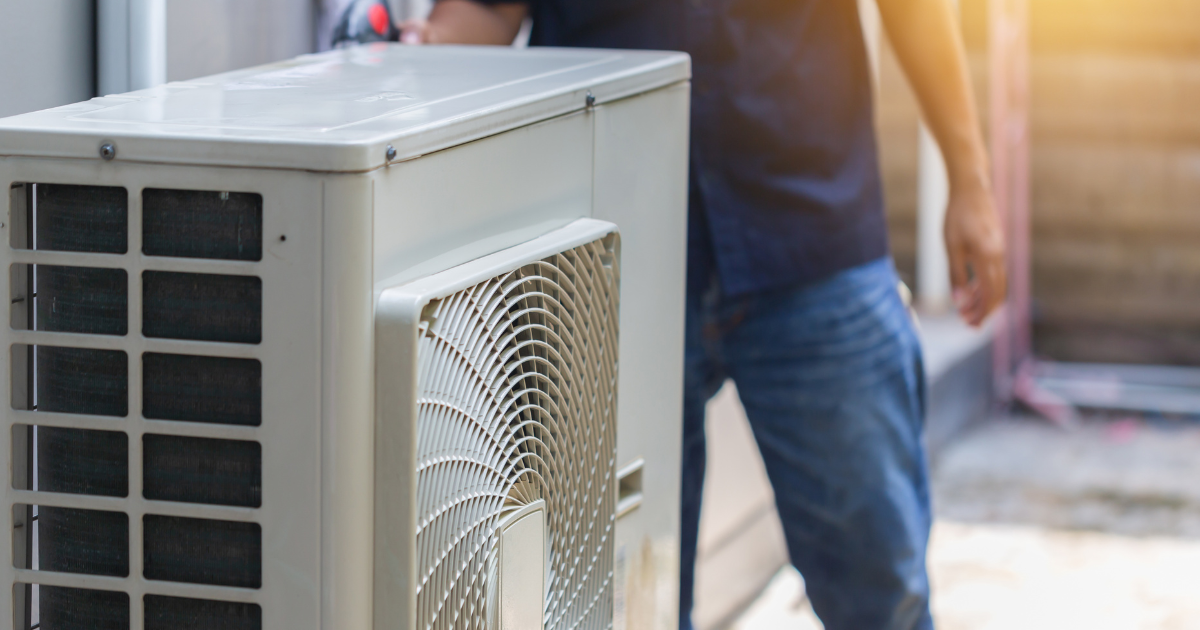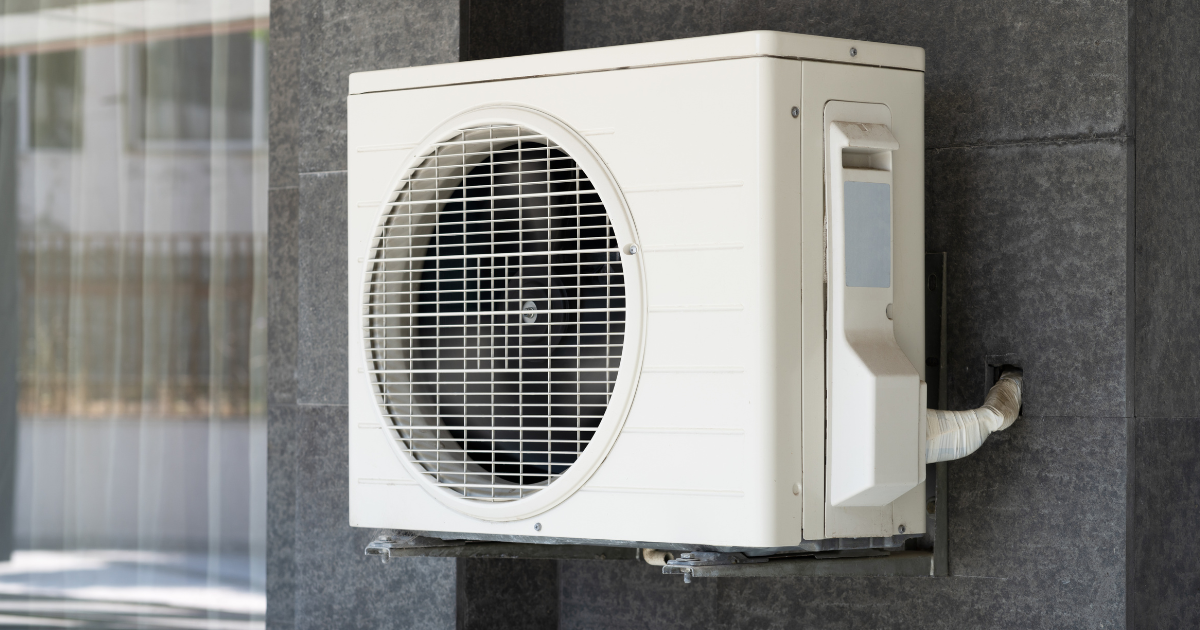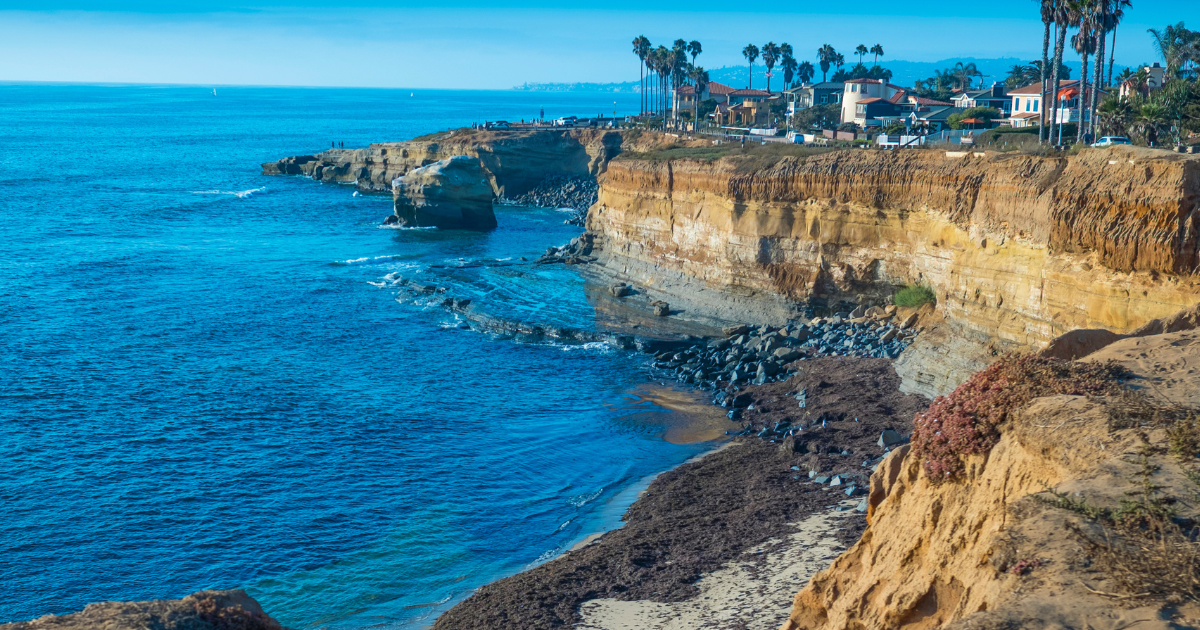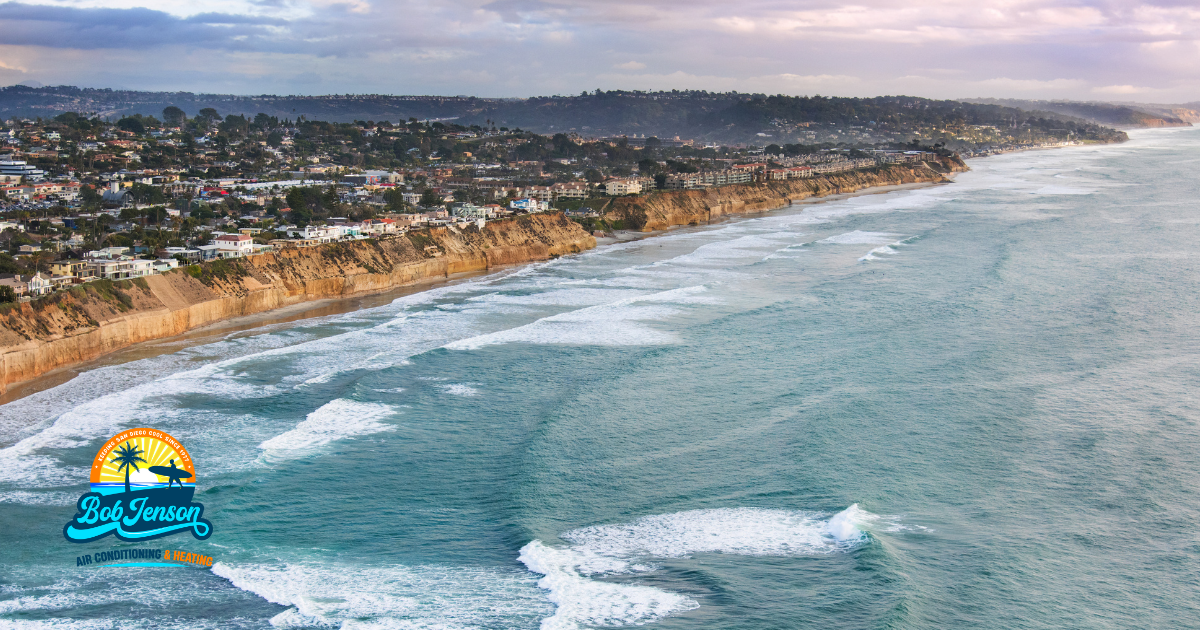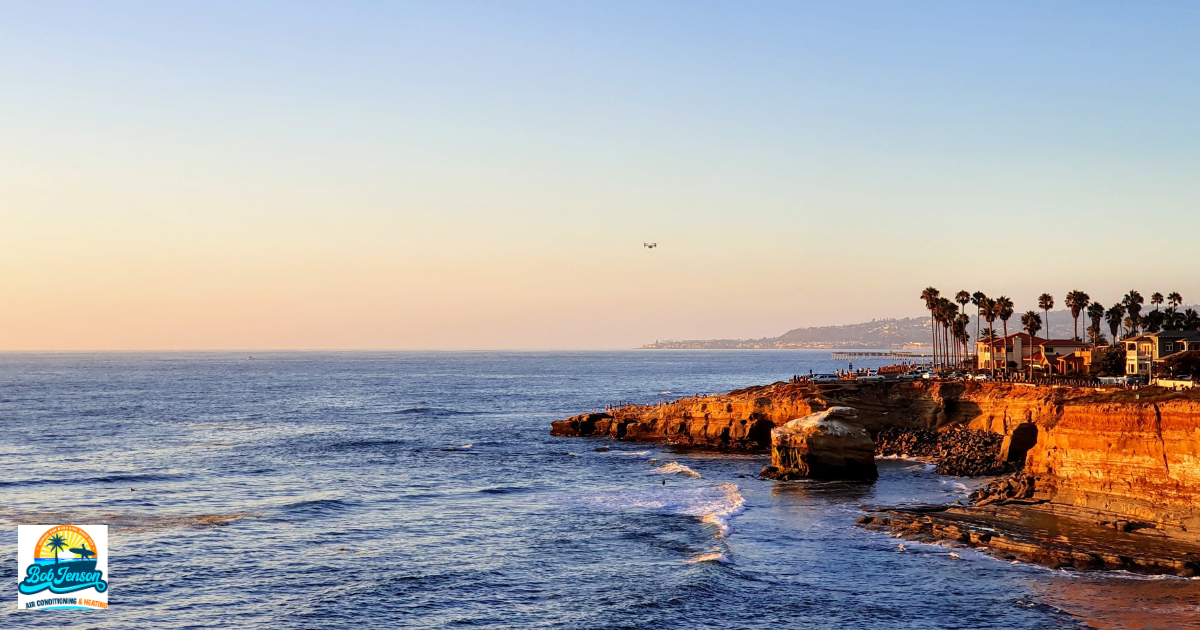The impact of wildfires is growing, with wildfire season ushering in more annual fires and an increased health risk for anyone in their path. Between 1980 and 1989, there was an average of 140 wildfires larger than 1,000 acres per year. By 2012, that number had nearly doubled.
The obvious concern is that your home could burn down, or that you’ll suffer burns and immediate smoke inhalation when a wildfire rips through town. However, you could also be miles out of the path of the blaze and still feel and breathe in the effects of the fire.
What’s more, even staying inside with the windows shut isn’t enough to escape the toxic particles a wildfire sends spinning through the atmosphere. That said, there are some ways you can protect yourself and anyone you know who is vulnerable to breathing problems. Many of the tips also apply to other disasters where air quality is affected, including tornadoes and volcano eruptions.
Why is Smoke So Dangerous?
The pollutants that result from fires can include substances like carbon monoxide, nitrogen dioxide, and formaldehyde. Of the thousands of types of particles created by wildfires, many of them are toxic to people and animals. Health conditions influenced by wildfire smoke include COPD, asthma, bronchitis, and pneumonia.
The amount of damage a wildfire does to air quality has a lot to do with meteorology. According to the US Forest Service, fresh smoke from wildfires is a “is a complex mixture of gases and aerosols.” The amount of moisture in the air and wind patterns help inform how the fuel created by wildfires travels. Your local topography is also a factor.
The type of trees and land burning may also impact the risk to air quality. At least one study found that the greatest threat to air quality comes from eucalyptus fires, while pine tree fires pose a different unique threat as they lead to a genetic mutation of bacteria, which can be an indicator in cancer development.
Smoke is also insidious because it doesn’t just affect you when you’re outside. Greenhouse gases and other toxins can easily seep into your home undetected.
Tips for Staying Safe
Most people spend the majority of their lives indoors, so maintaining good air quality is always important. After a fire or other natural event that stirs up air pollution, you should take special care to make sure the air in your home or business is as healthy as possible.
Here are some ways to improve the air quality in the spaces you use most:
- Avoid creating more air pollution. Burning candles, vacuuming often, and using a gas stove without ventilating the room can all create more air pollution. When the air quality index is already high, you don’t want to add to the problem.
- Keep windows and doors closed. If you have air conditioning, you can run it but you’ll want to close the fresh-air intake. If you don’t have A/C, just shutting windows and doors for a few weeks after a wildfire can help you cut the pollutant levels in half.
- Clean air conditioning filters. If you do have an HVAC system, change the air filters often. After a natural disaster, it’s not overdoing it to swap them out monthly for a while. At the very least, you should make sure you’re cleaning the filters regularly. Go with a filter with a higher MERV rating than you normally would, because this enables the filter to catch more harmful particles. If you typically use a MERV 8 filter, for instance, consider upgrading to MERV 16 (the highest number typically used for residential properties).
- Install an air filtration unit. These appliances do just what their name implies— clean the air in your home. Even if you don’t have A/C, you can circulate the air using one of these free-standing units. Look for a unit that filters two to three times to room volume per hour.
- Wash your nose and sinuses out. You can also protect yourself by using a Neti pot to wash out your nose and sinuses with a saline solution. This can clear out any trapped particles. Neti pots are typically recommended for use only once a day.
If you’re in or near a fire zone, prepare your home with the right filtration and prepare to use fans instead of an open window. Your family’s health is more important than a smooth cross-breeze.
If you’ve got questions about how to protect your indoor air quality, don’t hesitate to reach out to Bob Jenson. We’re a trusted San Diego country provider of comprehensive HVAC services, and we’d love to find out more about your needs. Contact us today.

Bob Jenson
For over 45 years, Bob Jenson has been providing quality heating and air services to the San Diego community.
Request Service
Please fill out the form below to request an estimate or schedule service.
"*" indicates required fields
